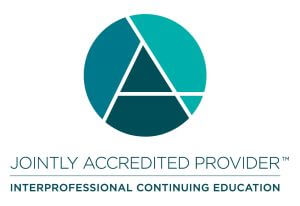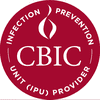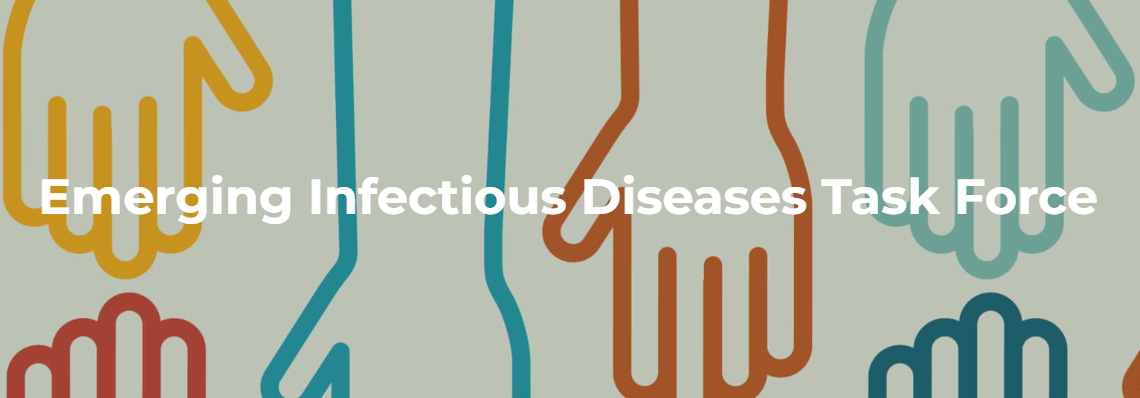
Understanding The Joint Commission Standards for High-Consequence Infectious Diseases
Recorded On: 11/21/2024
-
You must log in to register
- Member - Free!
CE: 1 / IPU: 1
Thursday, November 21, 2024 @ 1 pm ET
Speakers: Alyssa Diehl, DHSc, MPH, CIC, LTC-CIP, Bassel Molaeb, MPH, CIC, FAPIC, Feah Alutra-Visan, MN, MAN, PGDip IC, CQIA, CIC, FAPIC, and Kia Parker, MACPR, CRCST, CER, CHL, a-IPC, CIC
High-consequence infectious diseases (HCIDs) or special pathogens are novel and reemerging infectious diseases or pathogens that are highly transmissible from person to person (or have an unknown mode of transmission) and have the potential for epidemic or pandemic with high morbidity and mortality. Examples of HCIDs or special pathogens include Middle East respiratory syndrome (MERS), severe acute respiratory syndrome (SARS), COVID-19, measles, mpox, smallpox, novel or new mutation of influenza, and Ebola or other viral hemorrhagic fever diseases. As per the Joint Commission (TJC) standards, healthcare institutions must have protocols for HCIDs that are readily available for use including procedures for screening at the points of entry, patient isolation procedures, reporting mechanisms, infection prevention measures, healthcare workers’ safety and education, cleaning and disinfection procedures, and waste management protocols.
This webinar that is brought to you by members of the APIC Emerging Infectious Diseases (EID) Task Force will discuss the key points below:
1. Defining the HCIDs
2. Providing an overview of TJC Standards related to HCIDs
3. Defining the points of entry
4. Deliberating on the expectations regarding the screening protocols at the points of entry
5. Tackling the expectations regarding healthcare workers’ competencies and early recognition
6. Addressing the best infection prevention practices
7. Highlighting the surveillance and reporting mechanisms
8. Q & A
Continuing Education (CE) Credit:

In support of improving patient care, The Association for Professionals in Infection Control and Epidemiology, Inc. (APIC) is jointly accredited by the Accreditation Council for Continuing Medical Education (ACCME), the Accreditation Council for Pharmacy Education (ACPE), and the American Nurses Credentialing Center (ANCC), to provide continuing education for the healthcare team.
Nursing:
- APIC designates this activity for 1 Nursing Contact Hours
Physicians:
- APIC designates this live course activity for a maximum of 1 PRA Category 1 Credits™
- Physicians should claim only the credits commensurate with the extent of their participation in the activity.

IPUs
- APIC designates this activity for 1 infection prevention unit(s).
- For more information, please see https://www.cbic.org/CBIC/Recertify/Recertification-by-Continuing-Education.htm
Tawanna McInnis-Cole
Registered Nurse & Infection Preventionist
Memorial Hermann Health System
Tawanna McInnis-Cole is a Registered Nurse for 23 years and an Infection Preventionist for 16 years with Memorial Hermann Health System. She takes pride in the field of Infection Prevention by facilitating the implementation of evidence-based best practices across the healthcare continuum. As a motivated leader, she enjoys the spirit of interdisciplinary collaboration for the development of patient and healthcare worker prevention strategies.

Bassel Molaeb, MPH, CIC, FAPIC
Healthcare Advisor, Trainer & Infection Prevention and Control Consultant
The Compass Health Consultancy, Dubai, UAE
Bassel is an internationally recognized infection prevention and control (IPC) expert with 14 years of experience. He is a fellow and a hero of APIC and a member of several task forces. He is an International Ambassador for the Society for Healthcare Epidemiology of America (SHEA) and currently serves as a member of the SHEA Awards committee. He holds a Master of Public Health (MPH) from the American University of Beirut (AUB) and the American Board Certification in IPC (CIC®) from CBIC.
Feah A. Altura, BSN, RN, CIC
Infection Preventionist
Ireland
Feah Altura-Visan was recently recognized as one of the Top 5 Outstanding Filipino Nightingales in Qatar for 2023. She is has been a dynamic professional nurse since 2005 with almost 18 cumulative years of experience. Feah has been practicing as a full-time Infection Prevention and Control (IPC) professional for 16 years. She was awarded as FELLOW of the Association of Professionals in Infection Control (FAPIC) in June 2022. Feah worked as an Infection Preventionist in the Philippines, Qatar and very recently started IPC practice in Ireland.

Kia Parker, MACPR, CRCST, CER, CHL, a-IPC, CIC
Infection Preventionist
The James Comprehensive Cancer Center
Kia Parker is an Infection Preventionist in Columbus, Ohio at The James Comprehensive Cancer Center. She has an extensive background in sterilization and high-level disinfection which she uses by serving on various Association for the Advancement of Medical Instruments (AAMI) workgroups. As a patient advocate, she is passionate about the prevention of infectious diseases.

Alyssa Diehl, DHSc, MPH, CIC, LTC-CIP
Infection Preventionist, Quality & Regulatory
Saint Alphonsus Regional Medical Center
Aylssa is an infection preventionist working to improve health outcomes through disease surveillance, policy development, and applied research. Her expertise include program development and implementation, data and quality assurance, and evidence-based practices. Alyssa's colleagues would describe her as dedicated, hard working, and willing to take on any task with a positive attitude.
